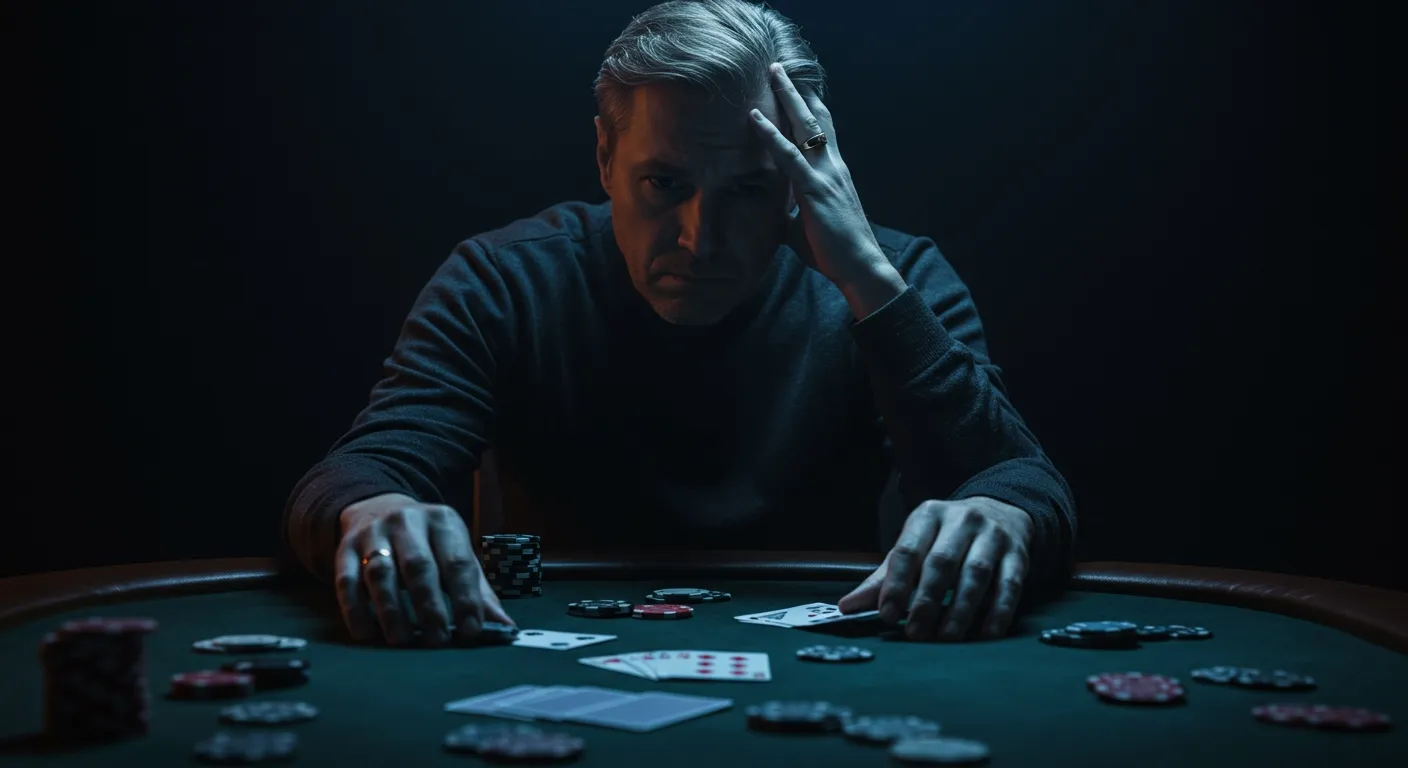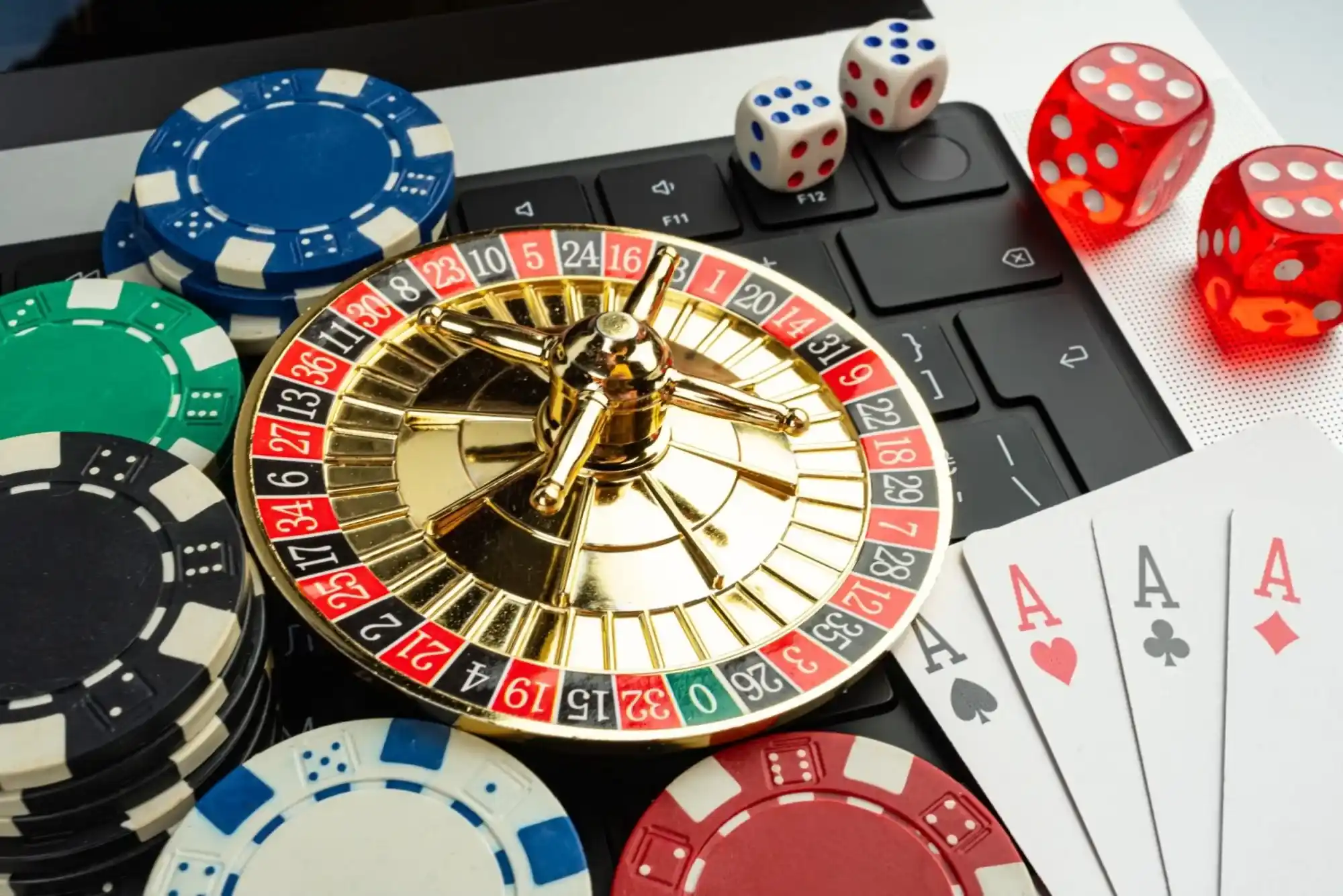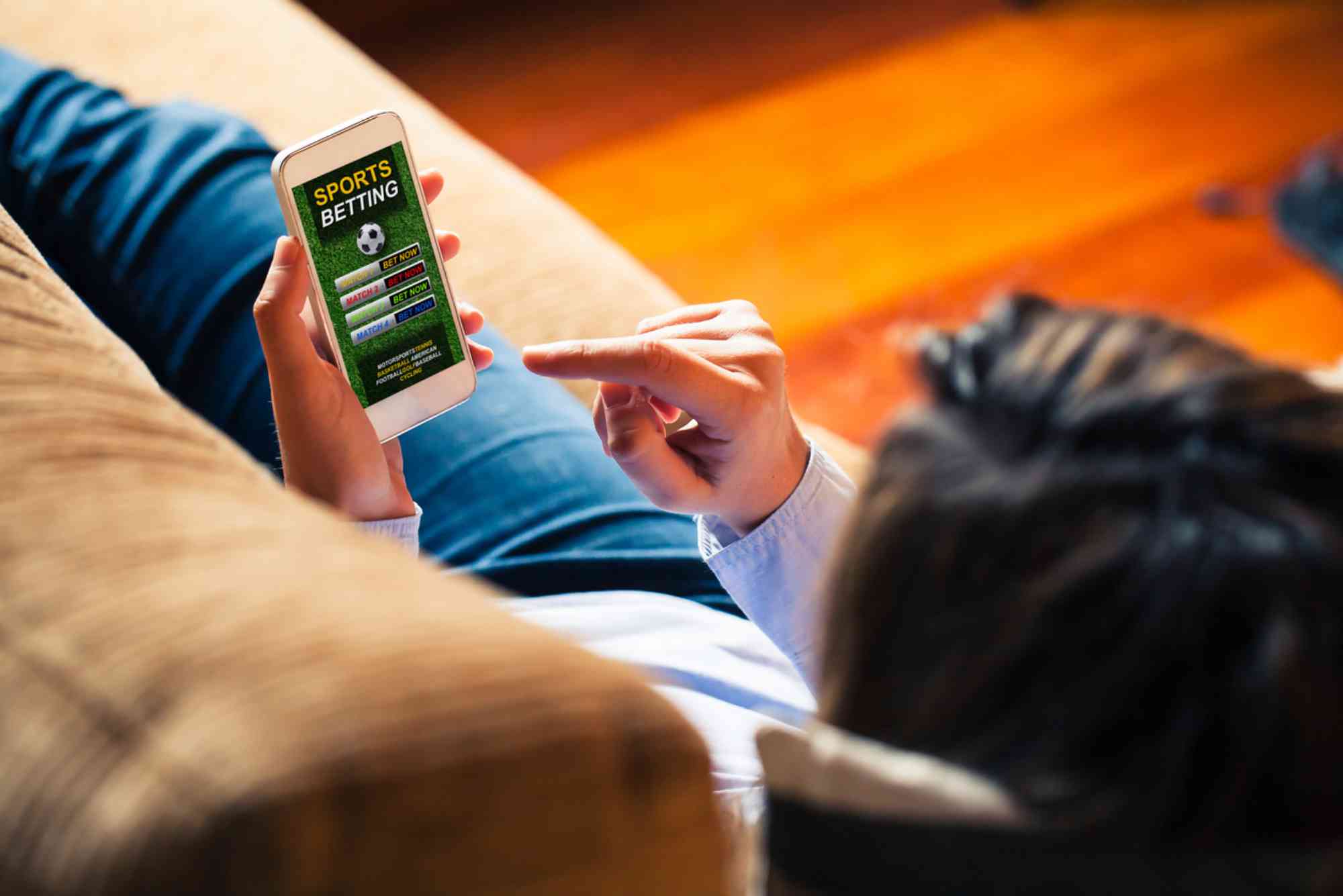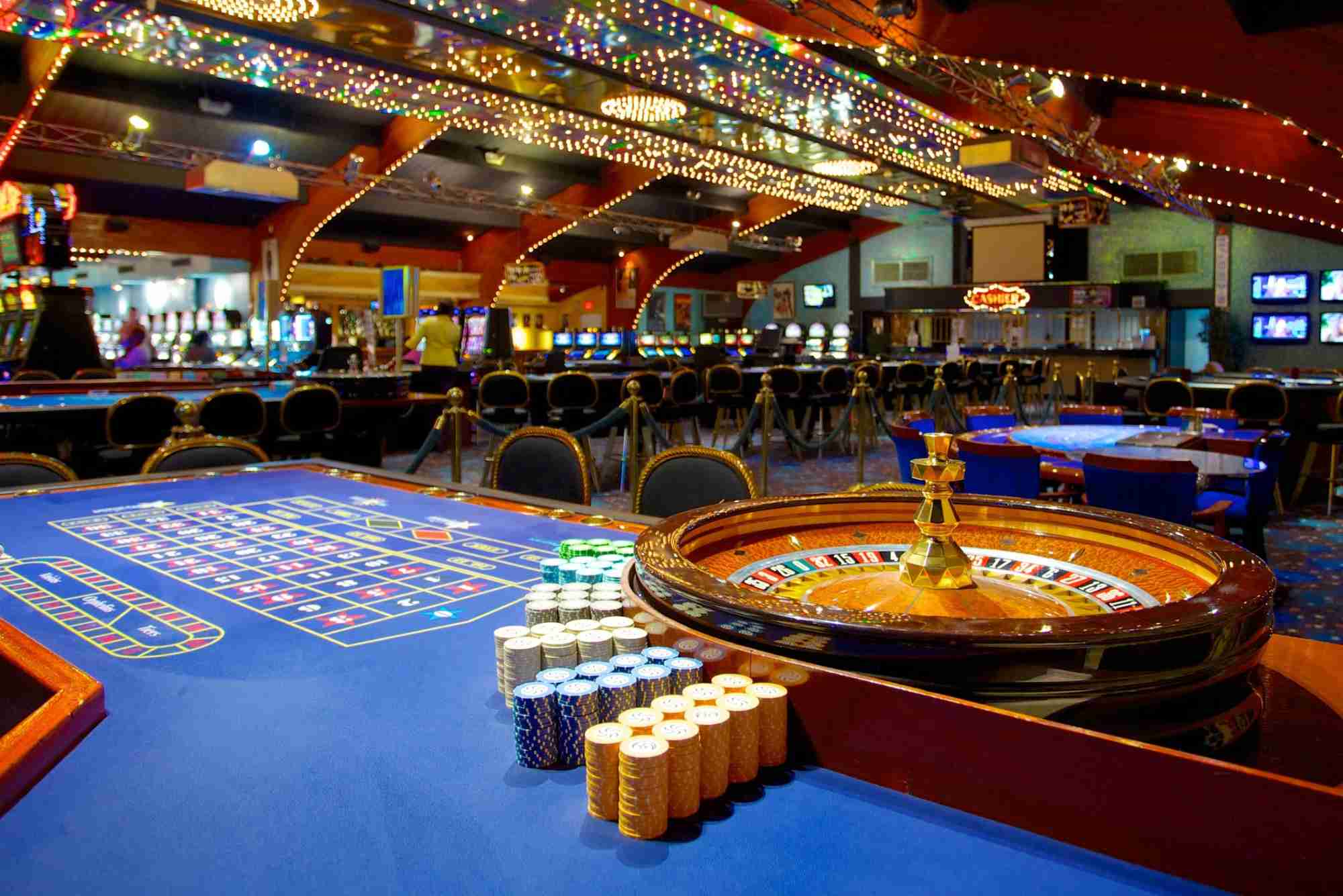Losing at gambling is never pleasant. The sinking feeling after a loss, the flash of disappointment, and the urge to “win it back” are emotions almost every gambler has experienced. Yet, despite that sting, millions of people return to the tables, slots, or betting apps after a defeat. This behavior might seem irrational from the outside — but in reality, it’s deeply rooted in psychology, emotion, and even biology.
Understanding why people gamble after losing isn’t just about addiction or lack of control; it’s about how human brains are wired to respond to risk, reward, and regret. In this article, we’ll explore the real reasons behind this behavior and what responsible gamblers can learn from it.
The Psychology Behind the Urge to Keep Playing
One of the biggest drivers behind gambling after a loss is what psychologists call the “loss-chasing” phenomenon. It’s the tendency to keep betting in an attempt to recover lost money — a cycle that can turn one bad session into a long-term problem. When a person loses, their brain doesn’t register it as a simple financial setback; it interprets it as an opportunity to “fix” the situation.
Gamblers often believe that a win is “due” after a series of losses, but statistically, that’s almost never the case. Casino games and betting outcomes are built on randomness and probability, not balance or fairness over short periods. However, the human brain craves patterns, even where none exist. That’s why losing streaks feel like they must end soon — and why many people keep playing, hoping to catch that one big win that will erase their losses.
There’s also an emotional dimension to this pattern. Losing creates frustration and regret, emotions people naturally want to eliminate. Gambling again offers temporary relief — a chance to replace pain with hope. Unfortunately, this coping mechanism often leads to even greater losses.
The Allure of a Comeback Story
There’s something undeniably human about wanting a comeback. From sports to business to personal life, we love stories of redemption — and gambling can make that narrative feel achievable in real time. Many players convince themselves that if they just play a bit longer, they’ll make a dramatic recovery and walk away victorious.
This sense of “unfinished business” keeps players glued to their screens or seats long after they intended to stop. It’s not always about greed; sometimes it’s about closure. People want to end the session on a positive note, to prove to themselves that they can overcome a setback. That emotional drive is powerful, but it often works against logic and discipline.
I’ve spoken to regular gamblers who admit that their best sessions often started with losses. That first defeat pushes them to focus harder, analyze patterns, and believe they’re on the verge of a turnaround. But when that comeback doesn’t happen, frustration replaces strategy, and emotion takes the wheel.
How the Brain Rewards Risk
When you gamble, your brain releases dopamine — the same chemical linked to pleasure and motivation. Interestingly, dopamine spikes not only when you win but also when you anticipate a possible win. This means that even after losing, the idea of “what if the next one hits?” keeps the brain stimulated and hopeful.
That biochemical response is one of the reasons gambling can be so captivating. It creates an emotional rollercoaster where every spin, card, or bet triggers a mix of anxiety and excitement. The longer someone plays, the more their brain associates gambling with emotional highs, even when the outcomes are mostly negative. It’s not always about money; it’s about the feeling of being in the game.
This explains why many players on reputable platforms, such as best gambling sites uk, often highlight the entertainment value rather than just the winnings. The design, sound effects, and reward structures are built to create immersive experiences that keep the dopamine cycle alive. It’s why even responsible gamblers can find themselves staying longer than planned.
Emotional Traps: From Regret to Revenge
One of the most dangerous emotional states in gambling is “tilt” — a term borrowed from poker, referring to when emotions override rational decision-making. Tilted players often make reckless bets, double down impulsively, and chase losses without strategy.
After a loss, the mind tends to enter a defensive mode. It tells you, “I can fix this.” That urge is driven by regret — a desire to reverse a decision that led to disappointment. But gambling doesn’t work like a video game where you can restart the level. Every bet is independent, and previous outcomes don’t influence future ones.
Some players also gamble after losing as a form of revenge against the system. It sounds strange, but many feel personally wronged by a loss and want to “beat the casino.” This emotional rebellion often leads to even more significant losses, because anger clouds judgment and increases risk-taking.
The irony is that most people recognize this pattern only after stepping away from the game. In the moment, the combination of adrenaline, hope, and frustration can completely override logic. That’s why loss-chasing remains one of the most common pitfalls in both online and offline gambling.
The Role of Cognitive Biases
Humans are naturally prone to biases — mental shortcuts that help us make quick decisions but often lead us astray. In gambling, several of these biases play a major role after a loss.
The gambler’s fallacy is the belief that past outcomes influence future ones. For instance, if you’ve lost five roulette spins in a row, you might think a win is “bound to happen soon.” But in reality, every spin is independent, and the odds remain the same.
Then there’s confirmation bias, where players remember wins more vividly than losses. This selective memory creates an illusion of success, making it easier to justify continued play after losing. Finally, the illusion of control convinces players that their choices — like switching machines or changing betting amounts — can influence random outcomes.
These mental traps are hard to recognize in the heat of the moment. They make losses feel like temporary obstacles rather than warning signs. Awareness and education are crucial in overcoming them, especially for frequent players.
Why Some People Handle Losses Better
Not everyone responds to gambling losses the same way. Some players accept defeat calmly and walk away, while others spiral into compulsive betting. The difference often lies in mindset and financial discipline. Experienced players set predefined limits — both in time and money — before starting a session. Once those boundaries are crossed, they stop, no matter how tempting it feels to continue.
Moreover, successful gamblers separate emotion from strategy. They treat gambling as entertainment, not as a means to make money or recover losses. This perspective shift helps them maintain control, even during a losing streak.
Modern platforms encourage this approach by integrating responsible gambling tools — deposit limits, self-exclusion options, and cool-off periods. These aren’t just for problem gamblers; they’re for anyone who wants to keep gambling fun rather than stressful.
Lessons for Responsible Gambling
The urge to gamble after losing is natural, but it doesn’t have to be destructive. The key is awareness. Recognizing emotional triggers — frustration, regret, or pride — can help you pause and regain control. Set clear limits, and if you find yourself justifying one more bet to recover losses, take a break.
Many experienced players find success in viewing gambling like entertainment spending. Just as you wouldn’t expect a guaranteed return from a movie ticket or a concert, you shouldn’t expect one from a gaming session. When approached with this mindset, losses become part of the experience rather than something to fix.
Responsible gambling isn’t about avoiding risk; it’s about managing it. By understanding why people chase losses, you can make smarter decisions, protect your finances, and still enjoy the thrill that makes gambling exciting.
Final Thoughts: Breaking the Cycle
So, why do people gamble after losing? Because they’re human — driven by emotion, hope, and the dream of redemption. The desire to turn failure into victory is deeply ingrained in us, and gambling offers an immediate, seductive way to chase that feeling. But without awareness, this pursuit can become a cycle that’s hard to escape.
Understanding the psychology behind loss-chasing doesn’t make it easier to resist, but it gives you the tools to recognize it. The best way forward is balance: enjoying the excitement of the game without letting it control your emotions or your wallet.
Whether you’re a casual player or a regular visitor to online platforms, remember — every bet is a choice. The moment you stop feeling in control, it’s time to step back. Because in gambling, the smartest move isn’t chasing the next win; it’s knowing when to stop.








